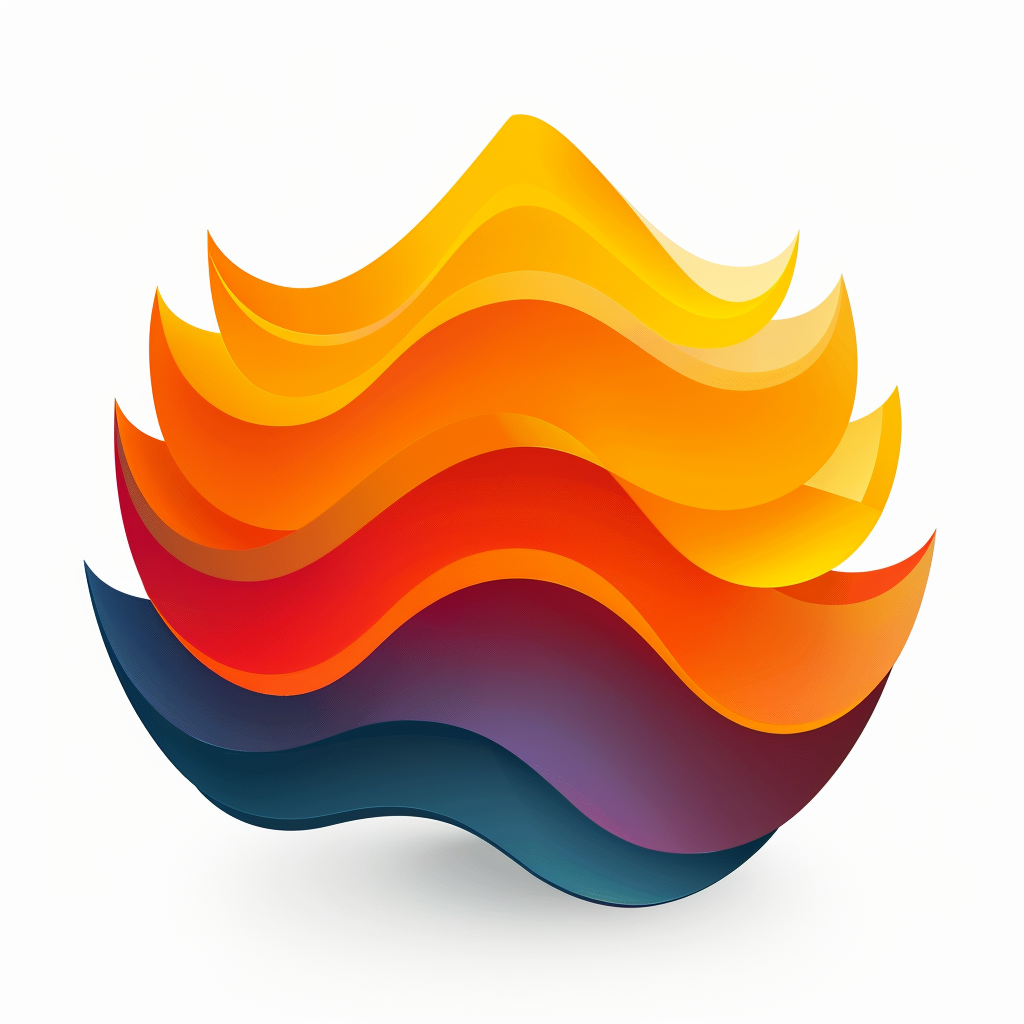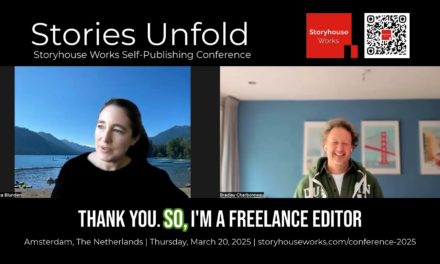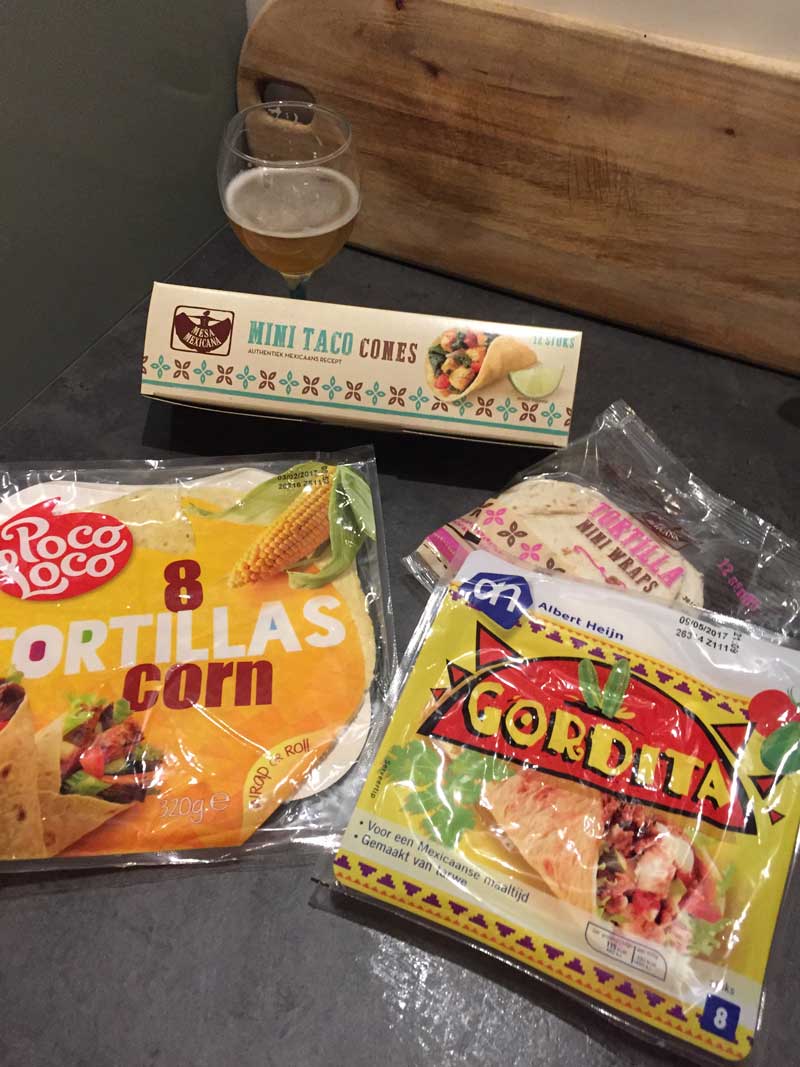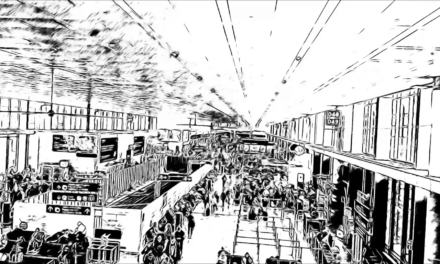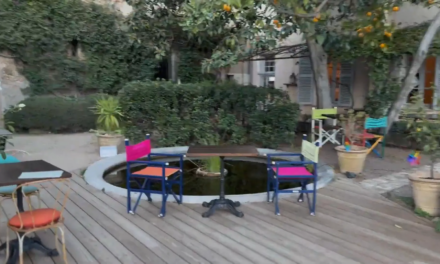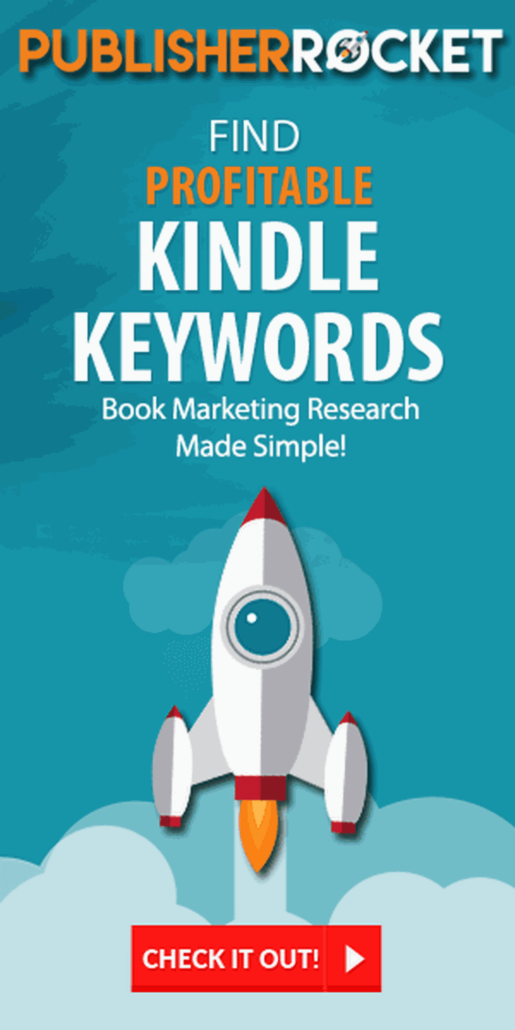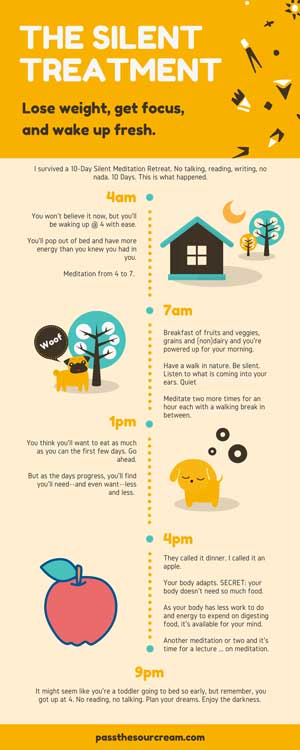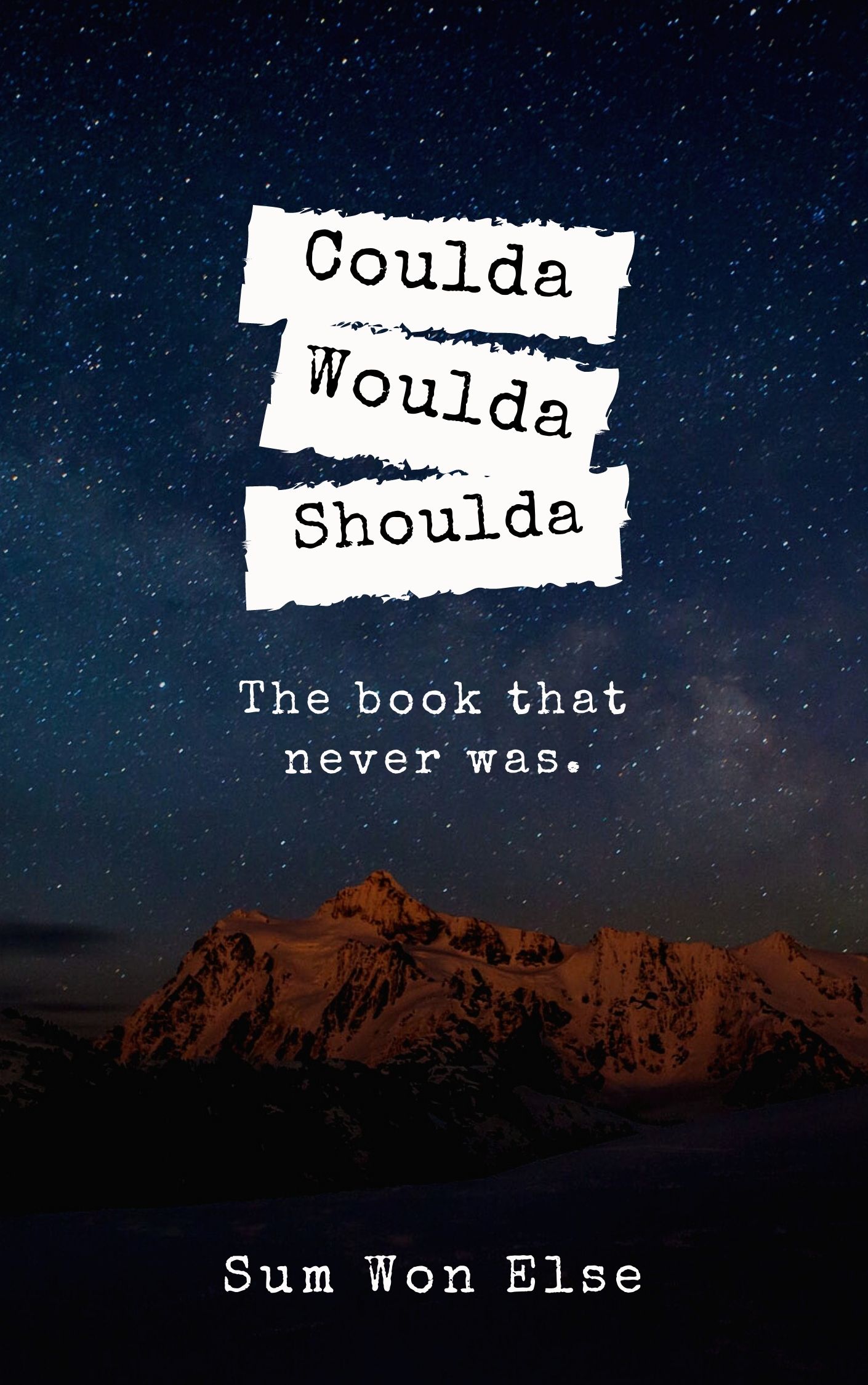
Do you learn from what you read? Uh huh. Prove it.
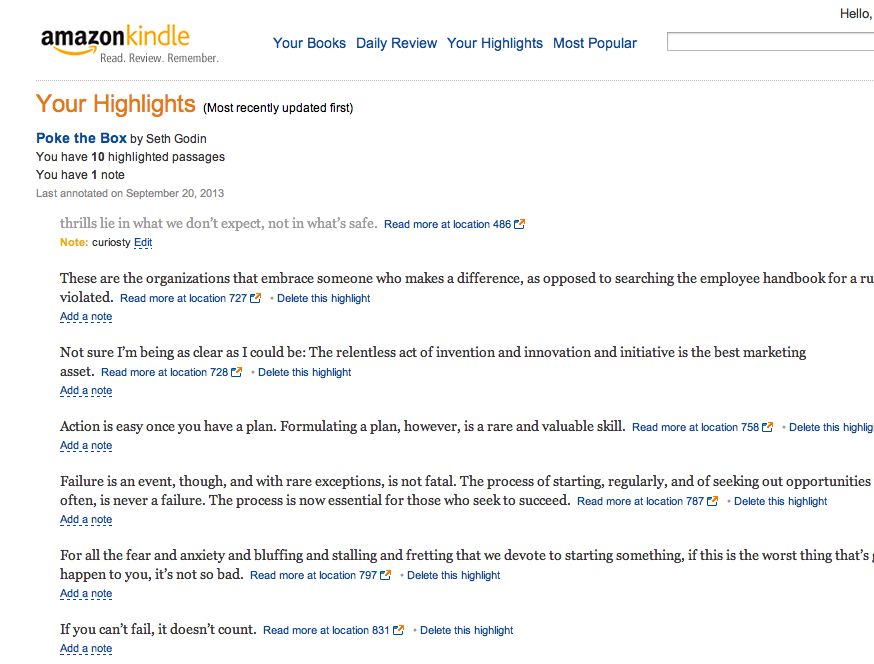
You write in the margins, you underline, you highlight, you dog ear. But then what?
How do you remember (or at least highlight and collect) the best passages or your favorite books?
Does this sound familiar:
- Hear about a “great” book.
- Read book.
- Be blown away by knowledge (or passion or whatever).
- Slowly (or quickly) forget what was so important.
- Slowly forget you read the book.
- Hear about a “great” book …
- 😉
I want to “remember better.” I want to learn, I want to increase my knowledge, improve my intelligence. But how?
When you read a book, well, I should rephrase, when you read a great book, there always sentences, paragraphs, maybe even entire chapters you’d like to remember or at least refer to once in a while. What do you do? How do you remember what you’d most like to remember? Do you just, you know, remember? Yeah, that doesn’t work with me. I can’t remember what I had for breakfast much less a favorite paragraph from the book I read last week–or last month or last year. I’d like to have a collection of my notes and scribbles and highlights in one place where I can go over them later and remember what it was that I really liked about the book in the first place.
Writerly-guy that I am, I find people are in one of two camps with how they treat their books: (1) they don’t dog ear pages, make a scribble or otherwise do anything but turn pages and then there are those (2) who scribble, highlight, underline (sometimes even in different colors with those fancy 4-color pens), even draw in the margins. They dog ear, stick post-its, try to make one highlight more findable than another. I’m squarely in the second camp.
In fact, if I read a book and I don’t have a burning desire to highlight then the book just isn’t worth it. I want passages that I think are worth copying down. I want philosophies (fiction or non-fiction), I want quotable intelligence. I also want to remember it better. I admittedly have a terrible memory, so how can I improve this process? Kindle to the rescue.
Kindle Highlights How To
- Put cursor on the beginning of the area you’d like to highlight and click the center button. With the older Kindles, use the 5-way positioning button to get your cursor there.
- Select to the right for just a few words, or down for more lines.
- When you have the area you’d like to highlight selected, on the old Kindles, just click the center button to stop the highlighting.
- That’s it, you have it highlighted.
This is all wonderful, but what if I want to look over my highlights? You can do this on your Kindle, but even better is that you can do it in a browser. Go to the My Kindle website (kindle.amazon.com). You can manage your Kindle there. To see your highlights, you can go to the link called Your Highlights. You can even click on a link there in each highlight to read the surrounding passage if you have Kindle for your computer installed.
Now I have my highlights, yippee. But now comes the even bigger and more important question: what are you going to do with your collected knowledge? Because this is the point where information becomes knowledge. You can read a book. You’ll probably remember a few things. But when you highlight (whether physically or just in your memory) what you think is important, you’re making a decision, you’re choosing what you think is important (or enjoyable or whatever). Not the sentence before it, not the one after, but that one sentence that you highlighted. Great, that was step one. Now what?
Bonus Points: converting your knowledge into intelligence.
I realize I’m digging deeper and deeper into what knowledge is, but the more I think about the whole highlighting feature of a Kindle, the more important I think it is–or can be.
What you do with your highlights is the next step. The fact that you highlighted already brought you past the finish line. Reading the book was the finish line, you’re already in bonus territory. But if you then take those highlights and explain why they are important (or relevant or beautiful or whatever) to you, then you’re adding to your understanding of what you highlighted.
So did you catch that? You are no longer just reading a book, you’re learning. You can also take it to a higher level and increase the depth of the learning.
- Book = information
- Highlights = knowledge
- Application = intelligence
Through application, you’re showing you understand the concept. It’s a bit like the comprehension test where you have to use the word in a sentence to show that you understand the meaning. You comment or analyze or in some way show you understand, but even better is when you expand on it or at least say why it’s important to you.
Whew! We’ve gone from a technical discovery (I only recently learned that I could see my highlights in a browser–Eureka!) to knowledge or intelligence or wisdom.
Walking the Talk
It’s a tiny example, but it’s a start. I just read Born Standing Up, by comedian/actor Steve Martin and, walking the talk, I’m using my highlights to remember and remind myself what was good in the book, but also put in my own commentary on what was important–and why–in a post. See my notes on the book over at Born Standing Up.

You highlight what you want to remember … but how do you remember what you remembered?
